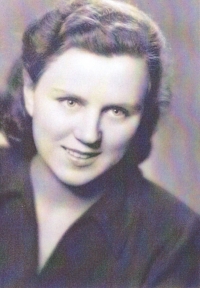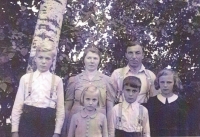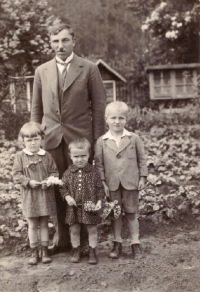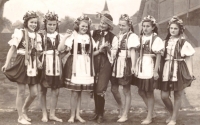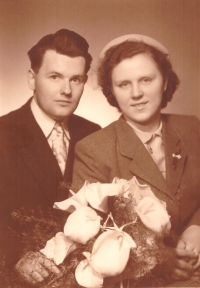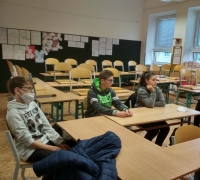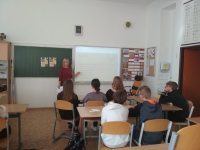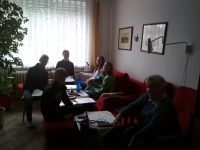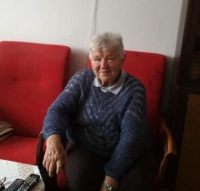To work, to work, to work even more and to be honest

Stáhnout obrázek
Dana Zemanová, née Slánská, was born on January 7, 1930 in Dolní Zimoř in the Kokořín region as the second of four children. The father worked as a teacher at the local school where the family also lived. In 1937 they moved to Taurus, where the witness started studying in the second grade. After a general mobilization in 1938, soldiers were housed in the school for several days. After them, the Germans first arrived from the border, and soon after came the evicted Czechs. During the war, she attended a burgher school, but it was closed for the last year of the war. The witness recalls how joyfully they greeted Soviet soldiers and threw lilacs at their tanks. Only a moment later, she witnessed the bombing of Mělník. After the war, the family moved to Želíz, where the father worked as a manager at a local two-class school and as an administrative commissioner at the same time. Dana Zemanová studied a two-year vocational school for women in Mělník, and from 1947 a one-year higher vocational school in Mladá Boleslav. After the communist coup, his father was fired and deprived of the right to vote as a National Socialist who refused to join the Communist Party. In the 1950s, the witness passed successful exams at the Faculty of Education of Charles University, and while still studying she was placed in Jílové near Děčín. After the wedding, she and her husband moved to Odolena Voda, and two daughters were born to her. From 1960 until her retirement in 1985, she worked as local primary school teacher. In August 1968, she and her daughter were on holiday in the Giant Mountains, from which they could not return home for several days. When she then took the train to the spa in Slovakia for her second daughter, they witnessed the shooting of Warsaw Pact soldiers at civilians in the square. In November 1989, she enthusiastically welcomed the regime change and collected anti-communist posters pasted around Prague at the time. After the revolution, she began touring and underwent several sightseeing tours in Europe. In 2021 she lived in Odolena Voda.
